 |
| The national cadre conference thoroughly grasped and implemented the conclusions and regulations of the Party Central Committee on Party building and rectification work. Illustrative photo: dangcongsan.vn |
The gaps...
Looking back after more than two years of implementing Conclusion 14, the working spirit has changed but not clearly, there are still gaps. The situation of cadres being afraid of making mistakes, avoiding and shirking responsibility is still quite common, not to mention daring to think and dare to do, making public opinion skeptical and disappointed. The "creativity" and "breakthroughs" are at the mandatory level, there have not been any real breakthrough changes that create the basic foundations for the responsibility of cadres, especially leaders. A number of cadres have "dare to think", but from daring to think to daring to do, daring to face difficult tasks is still a small number and there is still a long way from reality. When you do not dare to think and dare to do, there will certainly be no innovation, creativity and trying to find ways to avoid having to take responsibility is a natural reason and is implicitly understood in the thinking of many people. And that is also the gap between the "6 dares" and the sense of public responsibility of current officials and leaders.
The unwritten "motto": "It is better to stand before a disciplinary council than to stand before a trial council", "doing more makes more mistakes, doing less makes less mistakes, not doing anything makes no mistakes"... has become a mentality that is silently ingrained in the thinking of a number of cadres and party members, and is not easy to eliminate overnight. The fact that a series of cadres are caught up in the law because of unintentional violations has caused many cadres to develop a mentality of working half-heartedly and avoiding. Many cases of corrupt superiors with personal intentions forcing subordinates to violate regulations have made many people afraid and embarrassed when they may face violations of the law. Those manifestations and causes were mentioned by General Secretary Nguyen Phu Trong at the closing session of the 8th Central Conference recently as existing realities that need to be eliminated.
"Whatever is beneficial to the people, we must do our best"
Fear of mistakes is an understatement of the avoidance and shirking of responsibility by a group of officials. Whatever is beneficial, they take it all for themselves, and when there are difficulties, they push it to the organization, the people, and businesses, as long as they do not have to take responsibility. In practice, there are three types. At a low level, there are people who are not qualified, have weak capacity, are promoted from acquaintances, “sit in the wrong place”… so they do not dare to do it. At a more common level, there are people who are capable, qualified, and experienced, but only do it when it is beneficial, and it is best not to do it or do it half-heartedly when they do not get “benefits” for themselves and their interest groups. That is the type of official who deserves the most condemnation. The third group is those who know the job, can do it, but because they are “surrounded” by an atmosphere of fear of responsibility, it is best not to “confront” it, “not to do it for the sake of it”…
Conclusion 14 is like a “good medicine” but it seems that it is still not enough to cure the serious illness that weighs heavily on the psychology of many officials. The situation of a number of officials and civil servants avoiding, lacking responsibility, and fearing mistakes in performing their duties is not an isolated phenomenon but occurs in many sectors and localities. Avoiding responsibility, “sitting still” in public investment projects, asset auctions, medical supplies procurement, etc. causes great waste just because they are waiting for instructions from superiors.
Some say that the reason why cadres are afraid of making mistakes and do not dare to do things is because the mechanism and policies have not kept up with reality. At this point in time, the mechanism may be right, but at another point in time, it may be wrong. That may be partly true. However, it is also necessary to clearly distinguish between daring to think, daring to do and avoiding responsibility, which are two opposite extremes. After all, cadres who are not corrupt, have clear ethics, self-respect, know how to keep their honor, and work with high responsibility are not likely to make mistakes. The opinions mentioned above are just justifications for shirking responsibility and avoiding responsibility, which must be eliminated soon.
If our cadres do everything for the benefit of the people, bringing high efficiency for the progress of society, then even if they "cross the fence" or "break the fence", they will always be supported by the Party, the State and the People. The lesson of comrade Ha Kim Ngoc, former Secretary of Vinh Phu Provincial Party Committee, "crossing the fence" and "illegally contracting" has been the basis and premise for our Party to study and form the policy of issuing a resolution on contracting in agriculture later.
Source




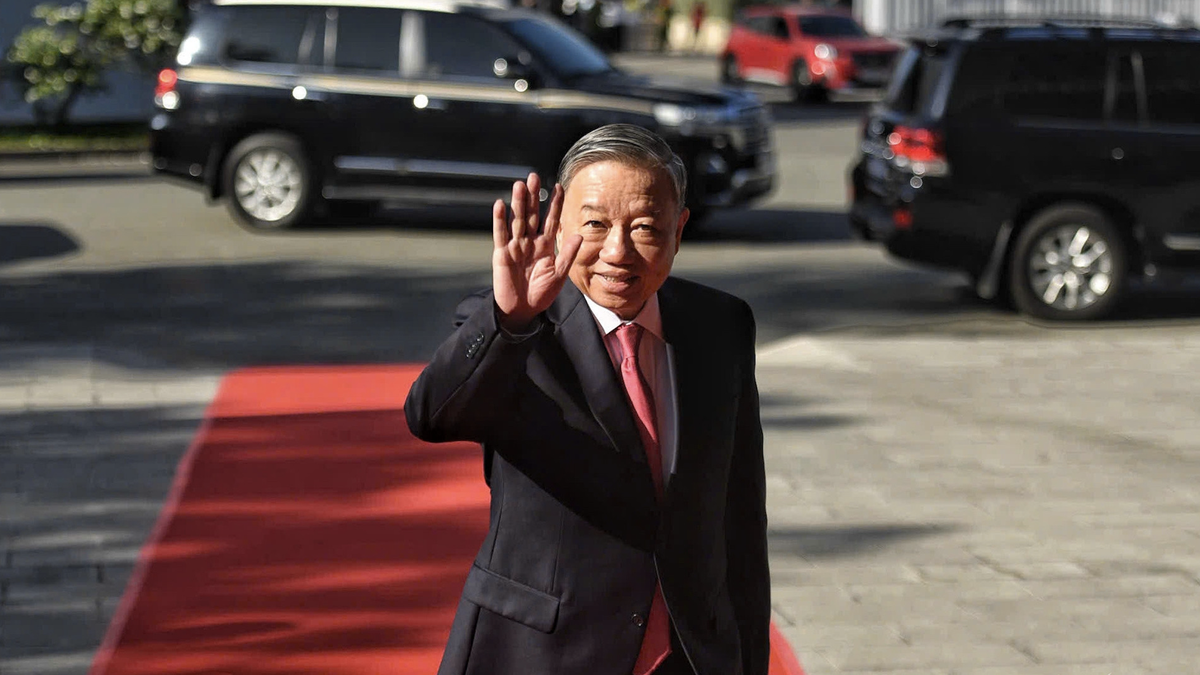
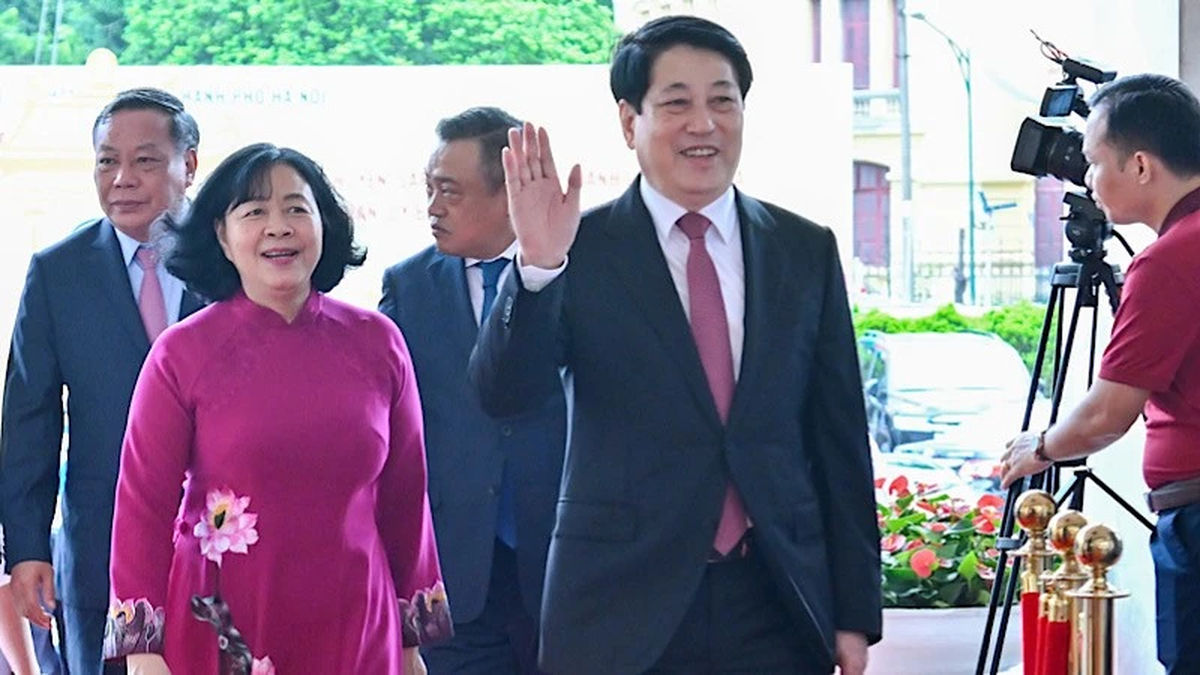

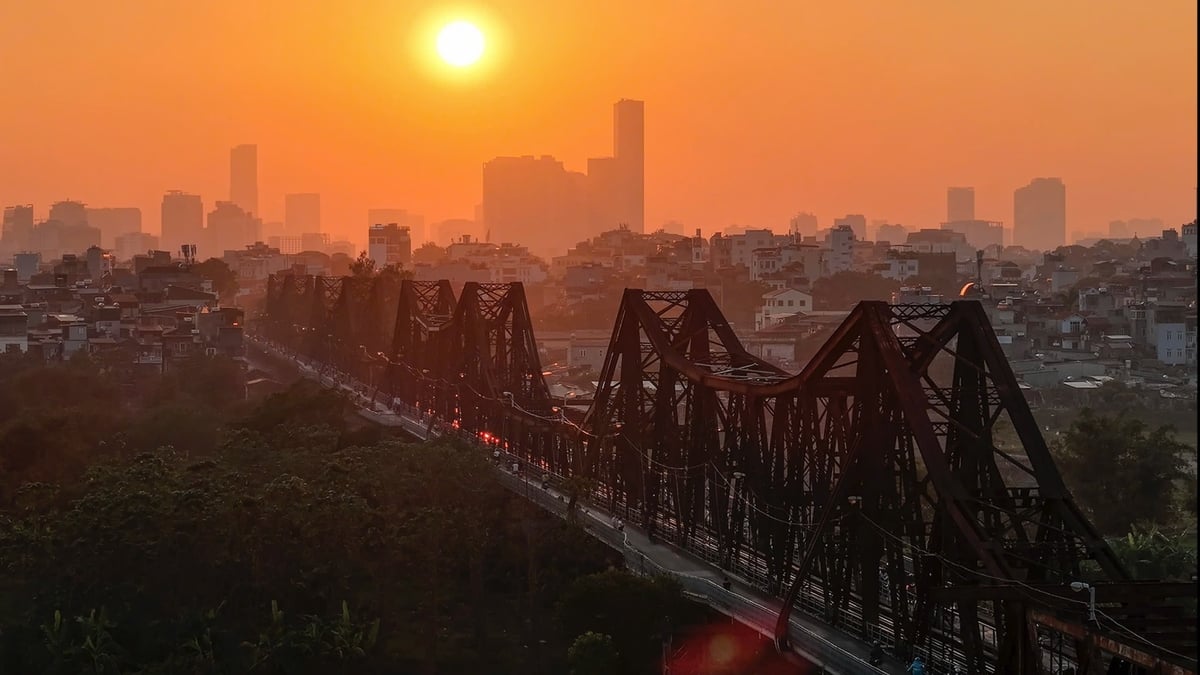
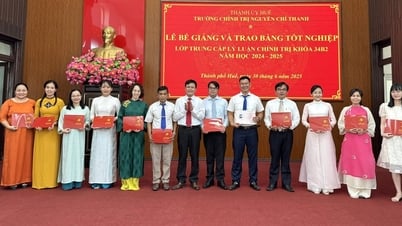

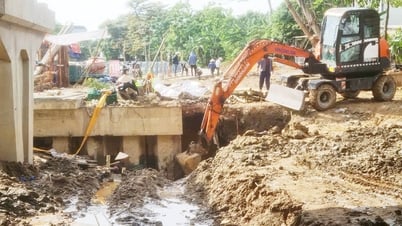
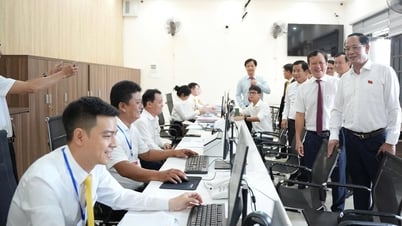
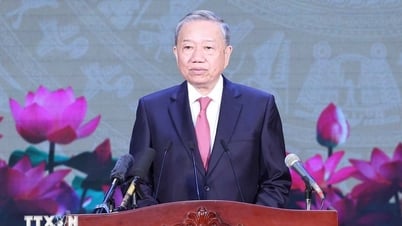







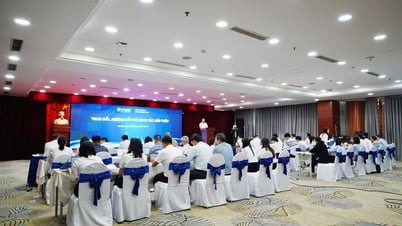



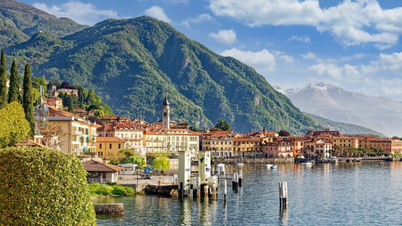


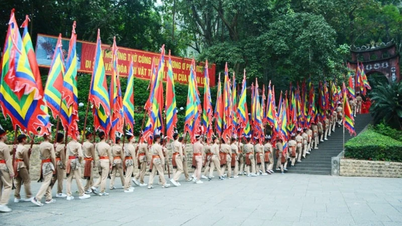










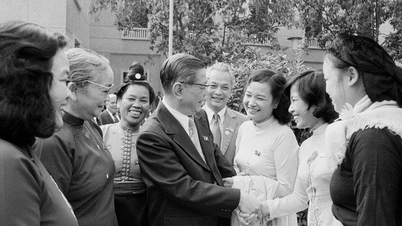









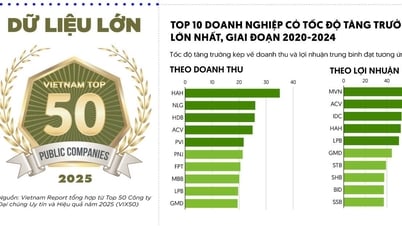



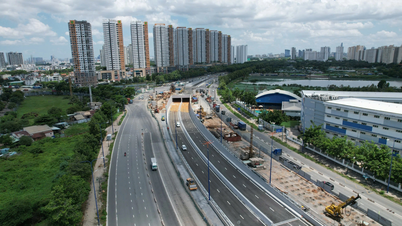













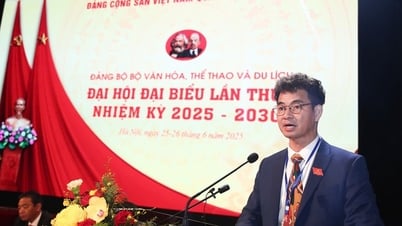
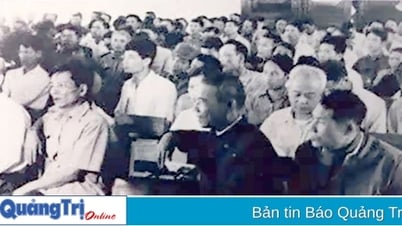

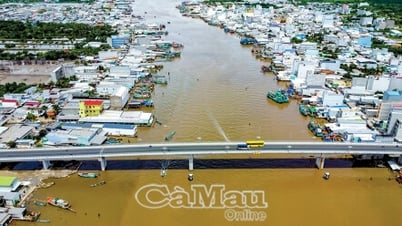

















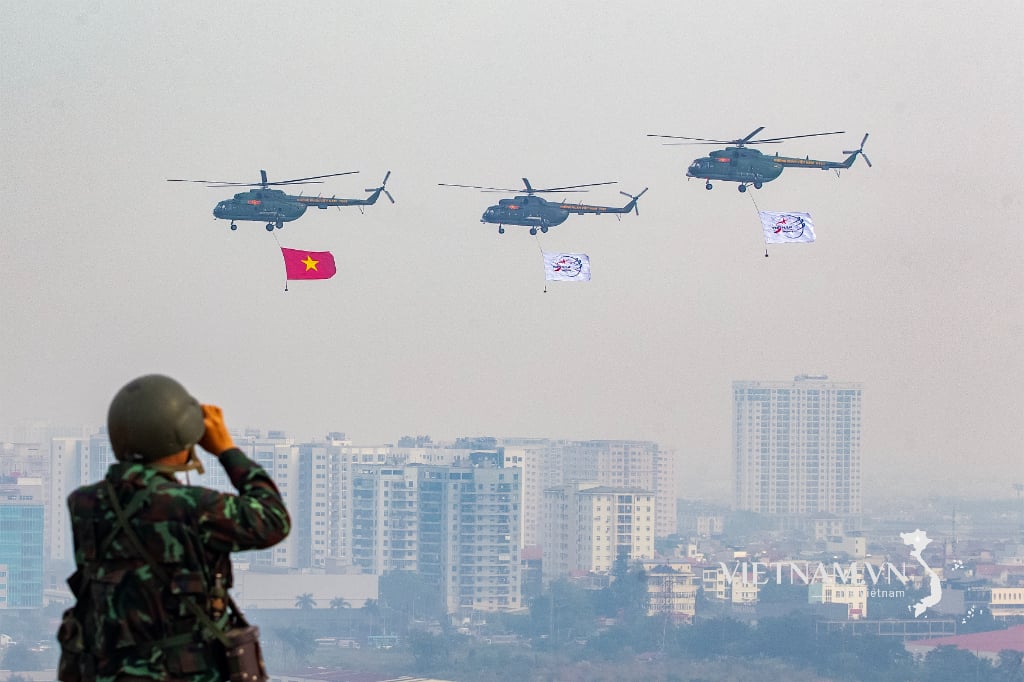


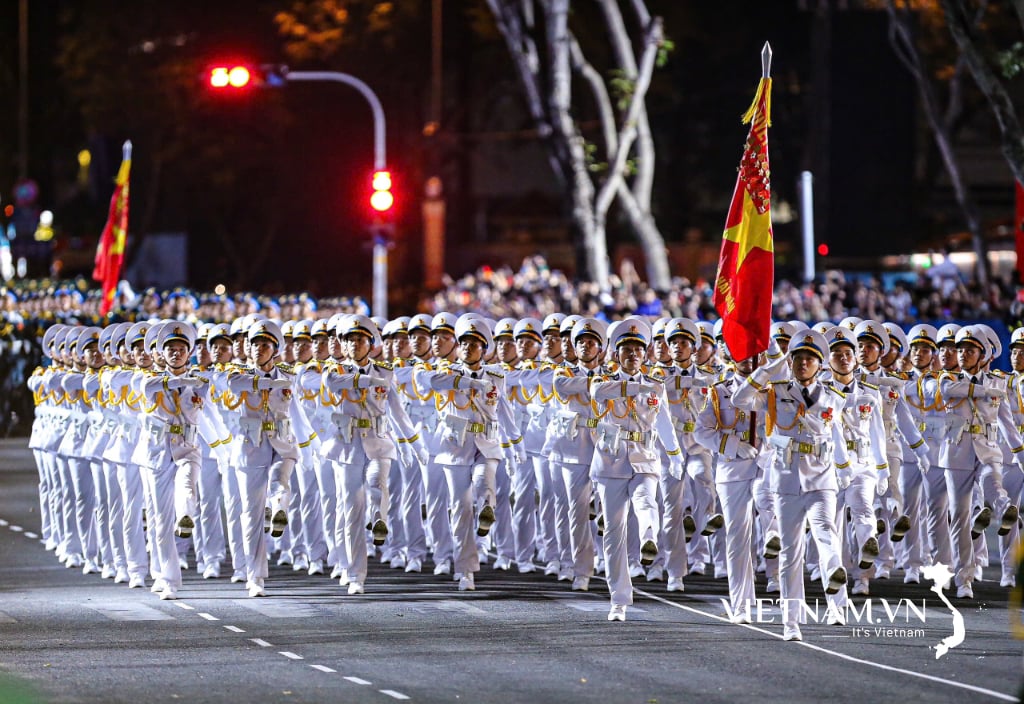
Comment (0)